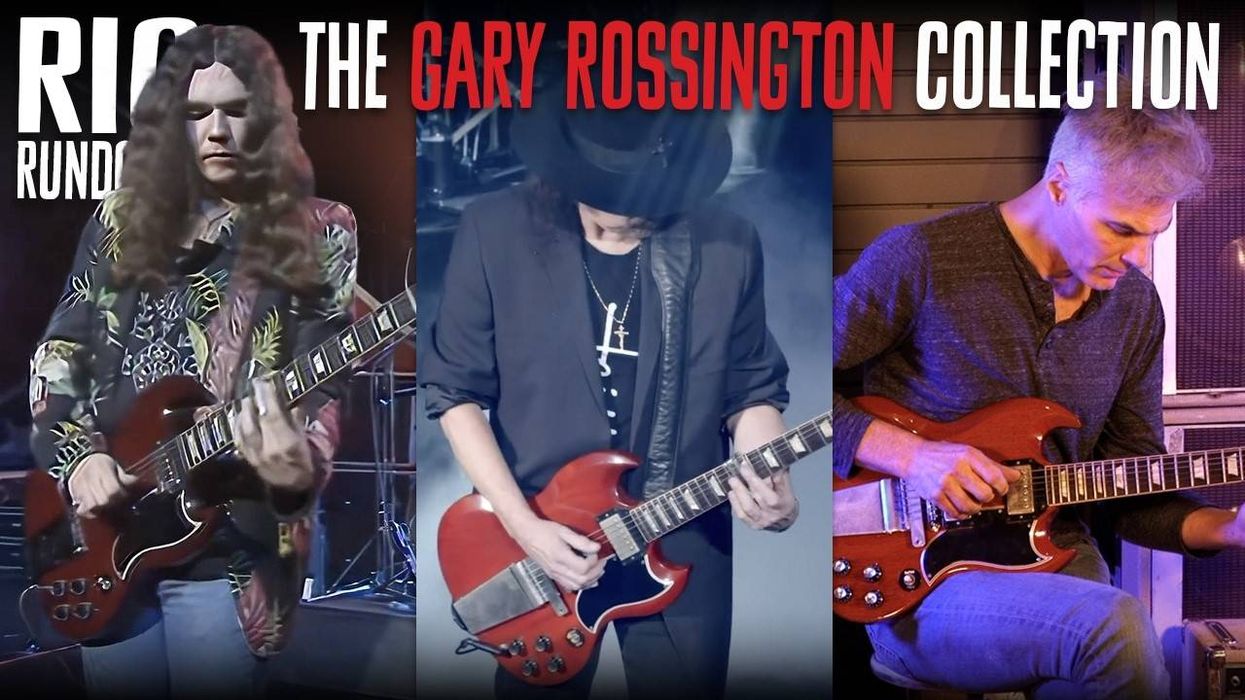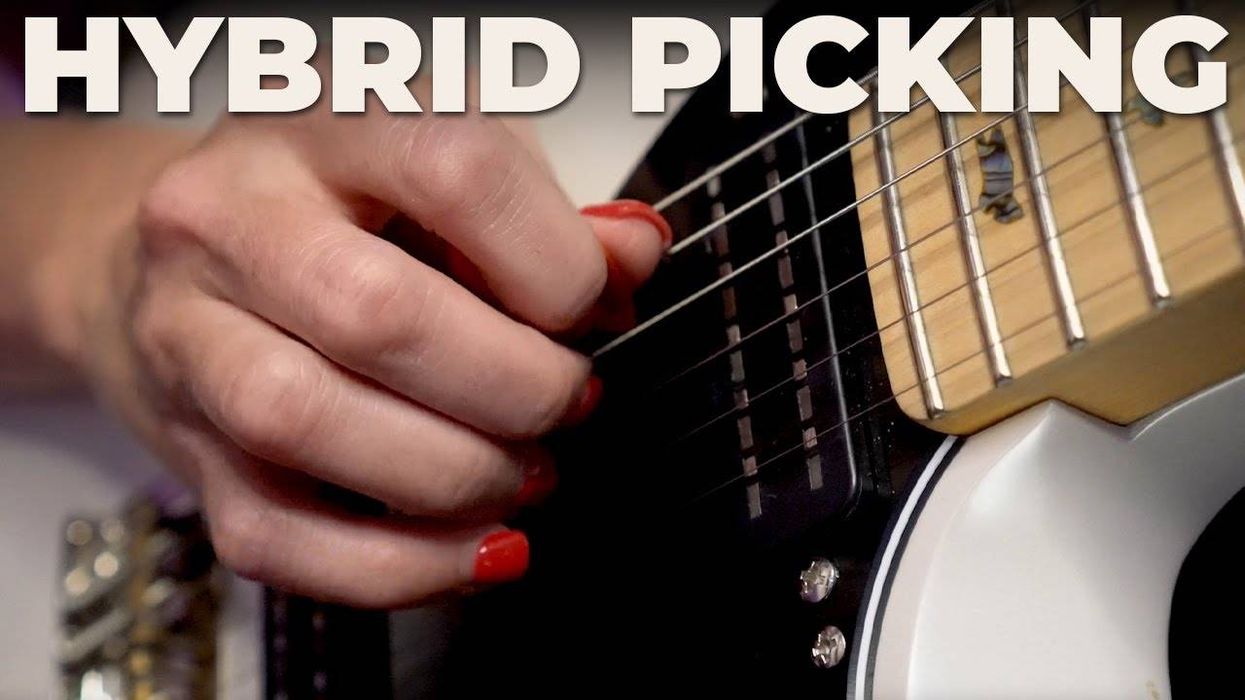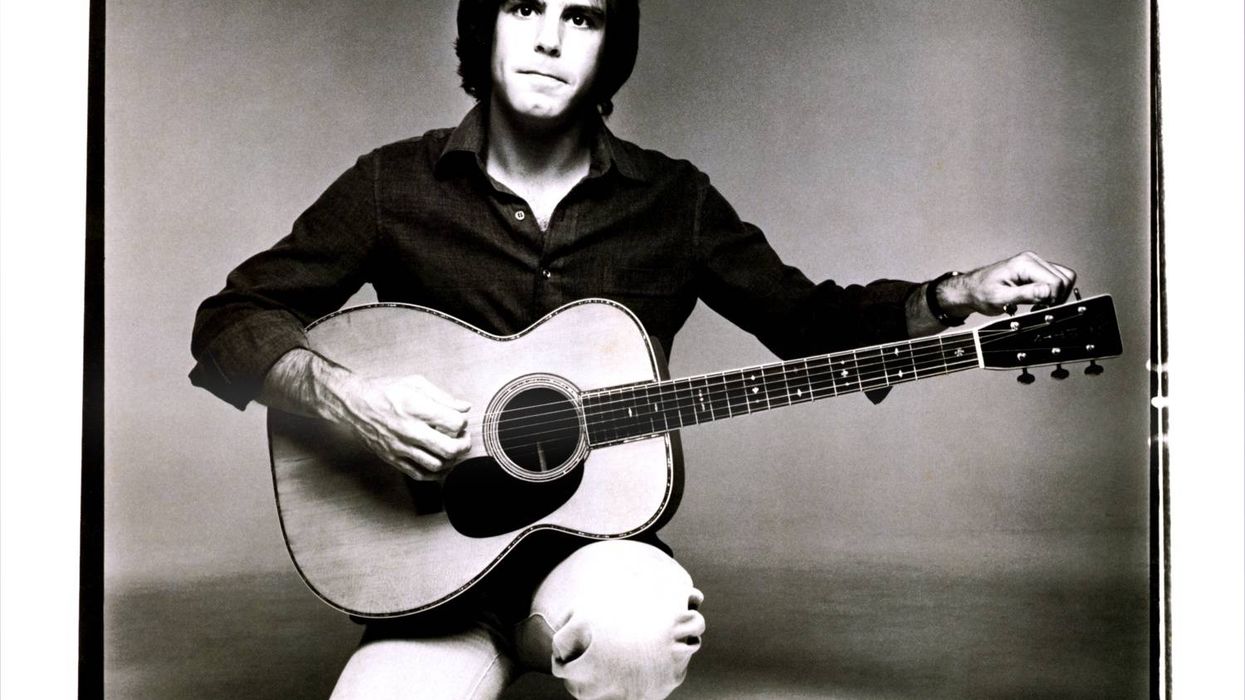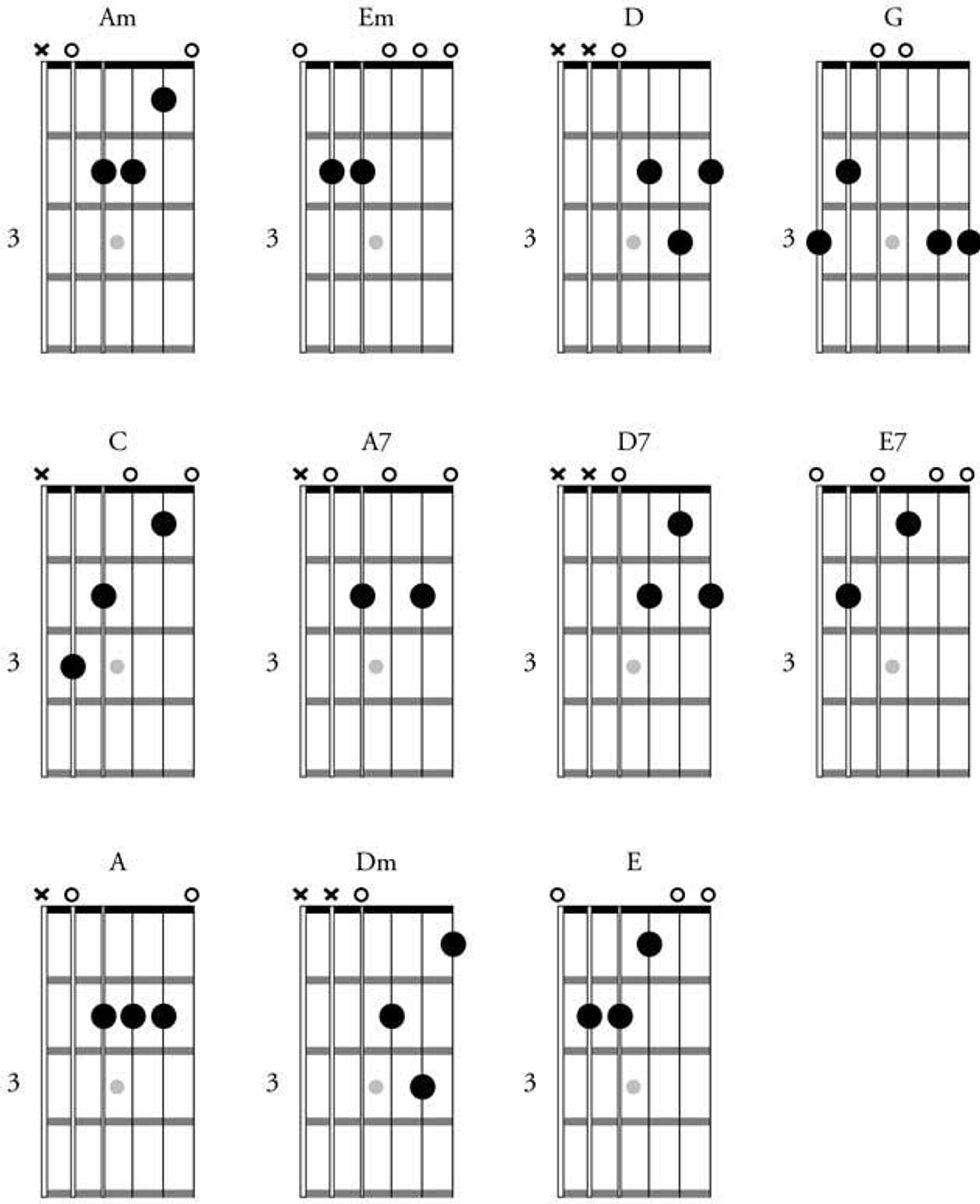One of the approaches I’ve found to be very effective in spicing up solos is the use of passing tones. Passing tones are often regarded as scale tones residing between two chord tones. While this may be accurate by official definitions, it seems to me that the overly vague nature of such a definition does very little to provide useful information to someone genuinely interested in exploring this concept. So, for the sake of practicality, passing tones might best be thought of as notes residing between two scale tones that are a whole tone apart. For example, any one of the following notes could be used as passing tones in a C major scale application: C#, Eb, F#, Ab or Bb. Simply put, a passing tone is basically a non-harmonic tone maintaining the primary function of transitioning from one scale tone to another.
They are embellishments that can serve to add depth, tension, and an overall element of sophistication to almost any solo if used fittingly. Traditionally, it has been taught that passing tones should fall on weak beats or upbeats; however, I don’t personally adhere to that rule unless the specific soloing section seems to lend itself to that approach. In most cases (but not all), it would generally be considered musically inappropriate to land on or linger on a passing tone. But again, this really is subjective territory, and the only rules that should ever really be obeyed are the ones that enable you to sound your best.
Historically, the recurring use of specific passing tones within the context of traditional scales has often resulted in permanent modifications whereby the passing tone is subsequently included as part of the modified version. Such is the case with many contemporary scales, most notably the bebop scales and the classic blues scale. There is still some debate as to whether or not the modded versions qualify as legitimate scales at all. My personal opinion is, “Who cares?”
The following examples are designed to imply a D7 tonality. They’re basically comprised of D Mixolydian notes (same notes as G major) along with passing tones. While these licks initially seem to imply a D7 tonality, they can also work equally well in the following G major related modes: Dorian, playing the licks over an Am chord, and Lydian, playing the licks over a C major chord.
Example 1
Example 2
Example 3
Example 4
Example 4B
Greg Howe
Greg Howe has enjoyed a successful recording career since bursting onto the scene in 1988, and his talents have been sought after by some of the biggest names in the music entertainment industry, such as Michael Jackson, Justin Timberlake, and Enrique Iglesias.










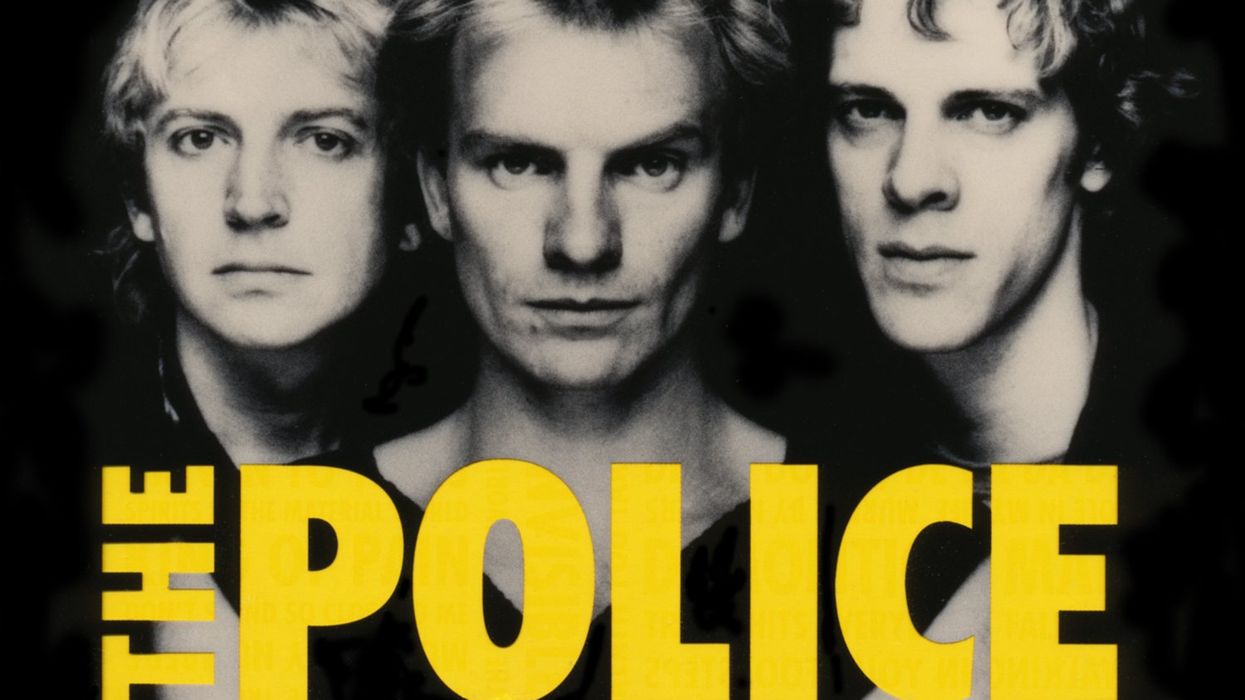



![Rig Rundown: Russian Circles’ Mike Sullivan [2025]](https://www.premierguitar.com/media-library/youtube.jpg?id=62303631&width=1245&height=700&quality=70&coordinates=0%2C0%2C0%2C0)

